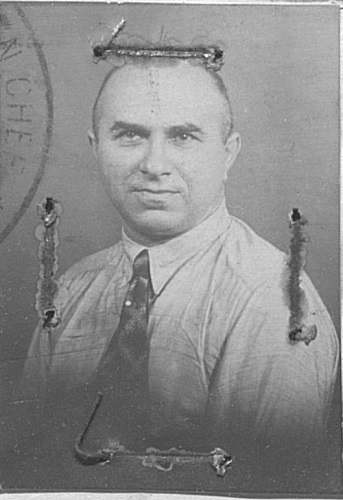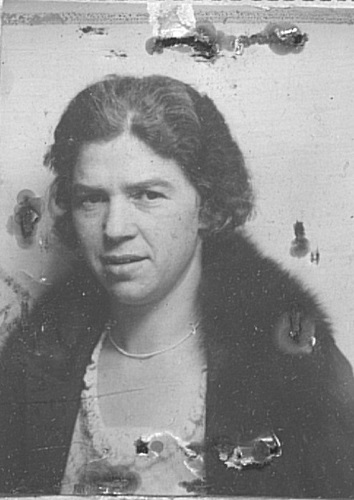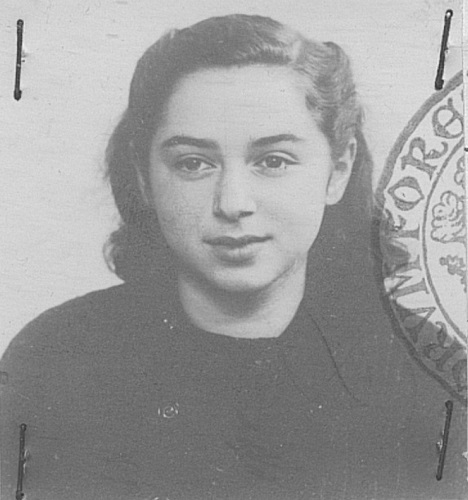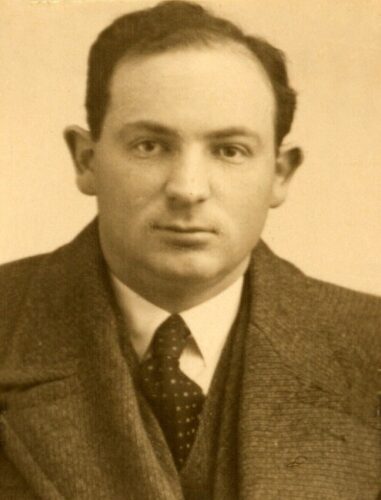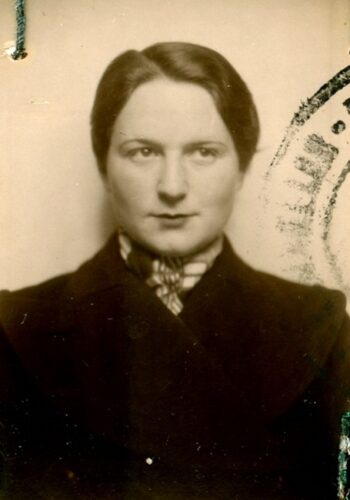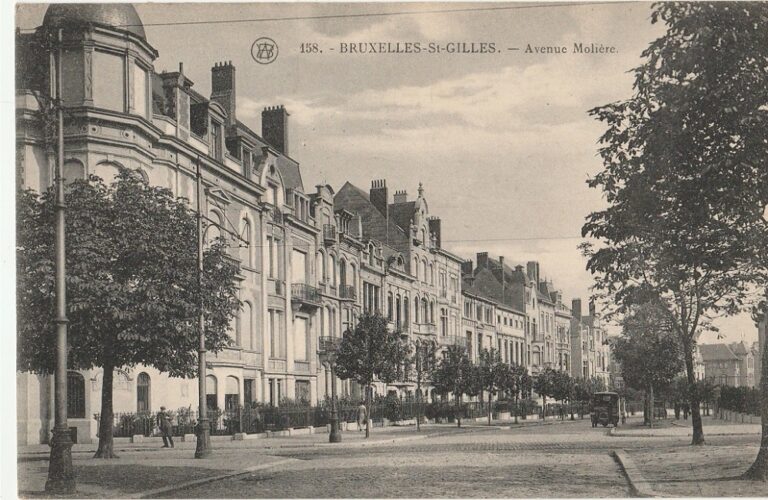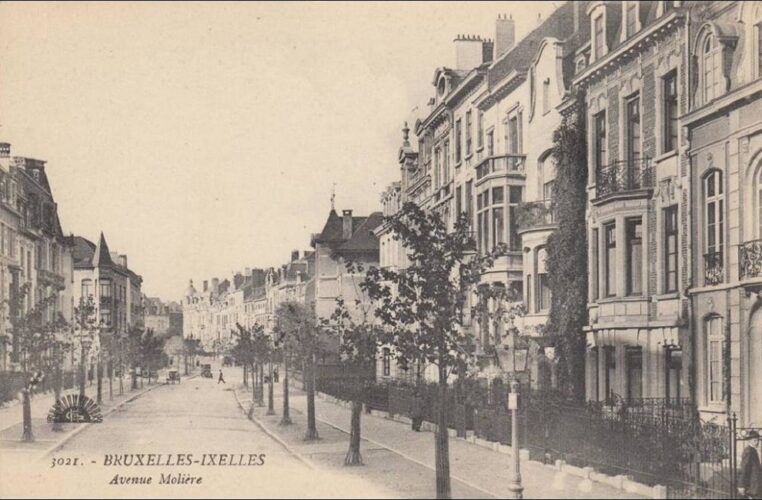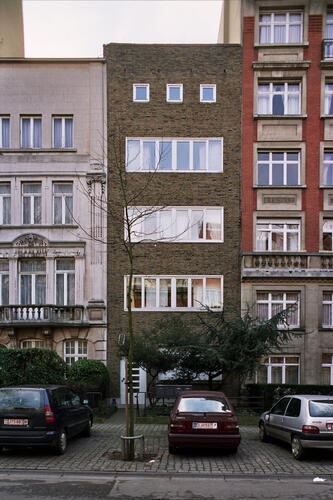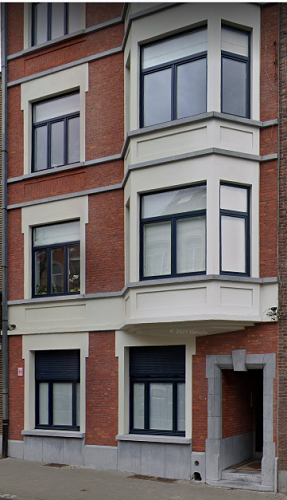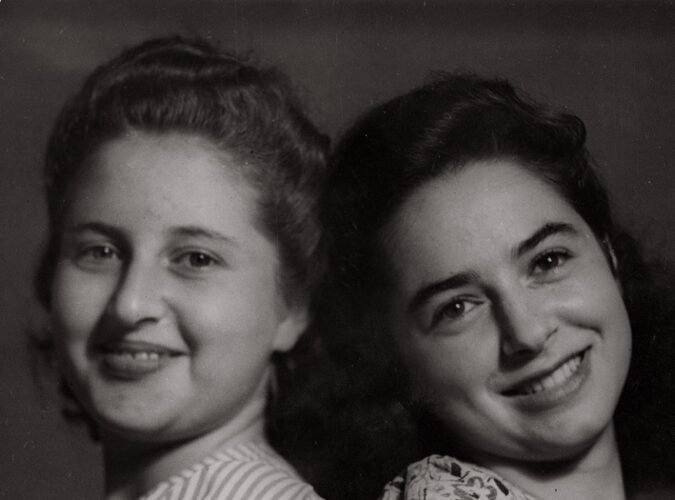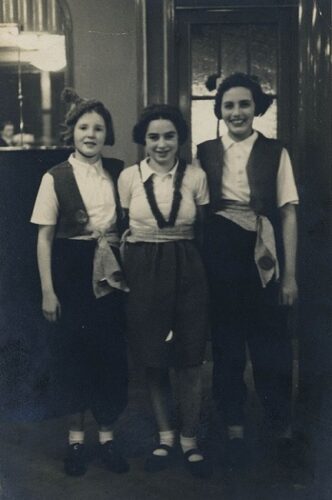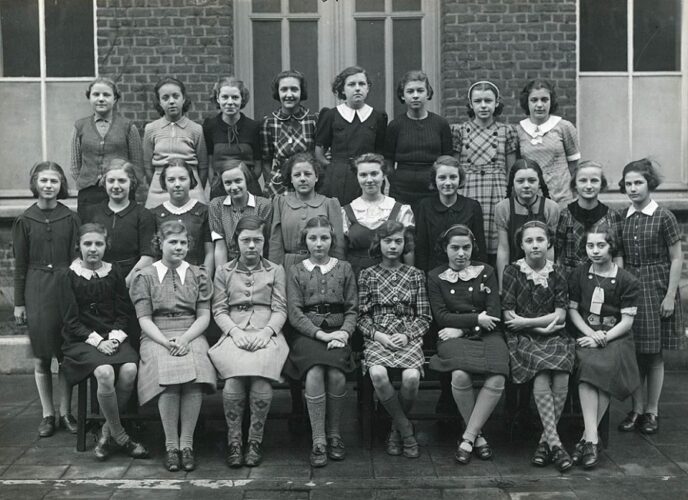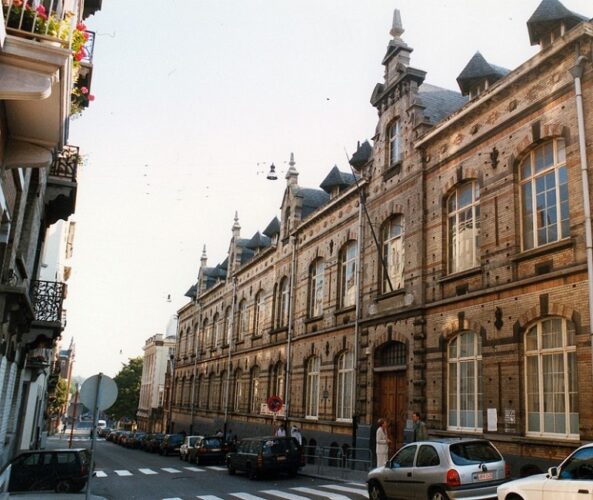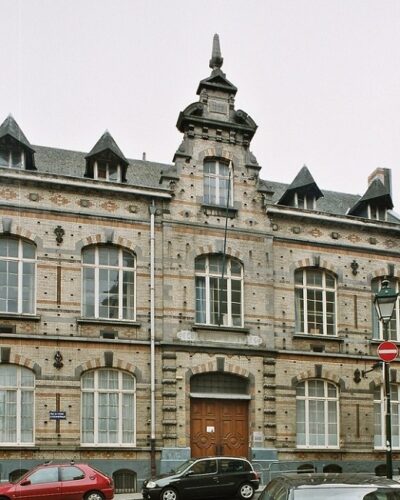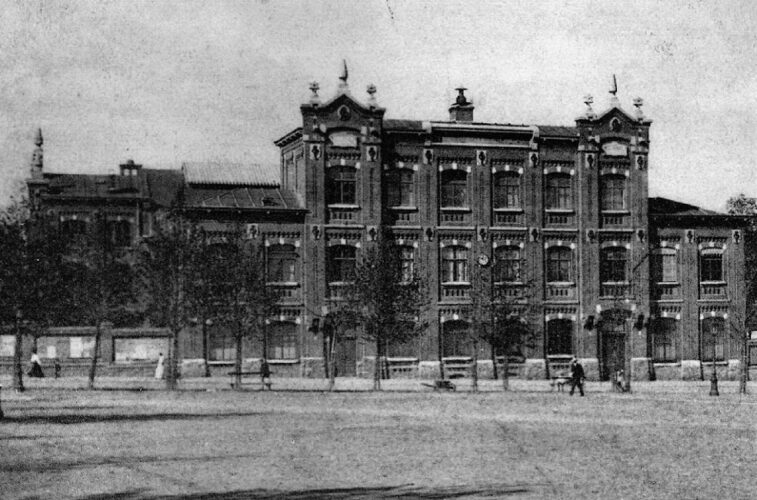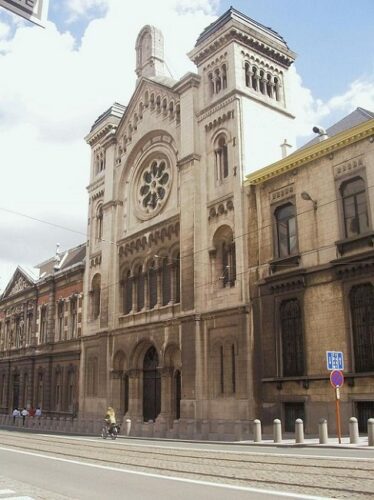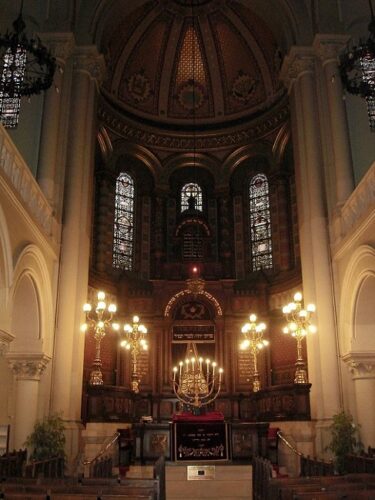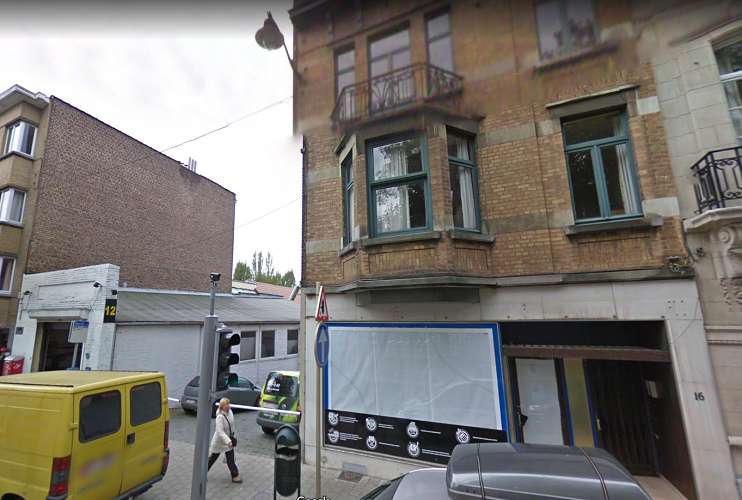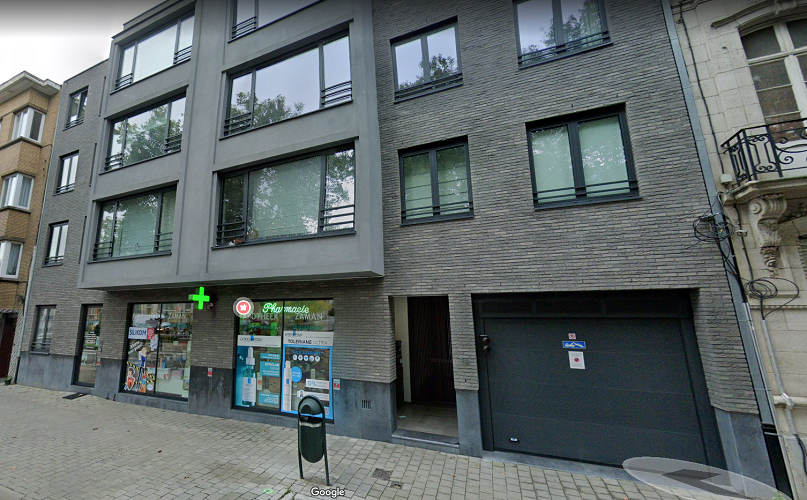
The family made their way to Brussels, Belgium.
Selma’s sister, Emma Maier and her family had been in business for many years there.
They bought horses in Belgium and sold them to farmers in Heilbronn.
Emma’s son, Louis, lived in Brussels and ran the Belgian end of the business.
His brother Wilhelm (Maier) joined him in Brussels in 1933 after he was released from the brown house in Stuttgart.
In late 1934 or early 1935, Emma, her husband Sigmund and her daughter Alice joined the two brothers in Brussels.
The Weisburgers got a furnished one-bedroom apartment at 503 avenue Molière.
Erna visited in 1935 and said that they had a “beautiful apartment.”
In October 1935, the family moved to 44 avenue Victor Rousseau.
“Within a very short time, we spoke perfect French.” {Margaret}
Margaret finished 1st to 8th grades in Brussels.
Though she was left-handed, she was forced to write with her right hand.
Margaret had a friend from school in Brussels – Liliane – that she communicated with well into her adult life.
Both John & Margaret went to the same secondary school starting in 7th grade, the Lycée / Athenée de St Gilles.
John studied science & pre-med in secondary school and registered to start science & medical studies at the University of Brussels in 1940.
Nazi Germany had annexed Austria & Czechoslovakia, and conquered Poland, Denmark & Norway and John could see that Belgium could be next.
His plan B – to go to university in the United States – was complicated by the fact that he didn’t have a Belgian passport, only an ID card for German refugees that expired in 1941.
He wrote the Ministry of Foreign Affairs in January 1940 about how he could extend his ID card without having to return to Belgium.
You will certainly wonder why I want to study in the US.
I intend, once my studies are completed, to go to the Congo, in particular to the region where the mines are.
You know as well as I do that the perfect knowledge of English is indispensable there.
Moreover, I will learn American work methods.
I will then be able to devote myself to the service of my second motherland and her beautiful colony.
{John}
The family went to the state-supported, reform, main synagogue. John was bar-mitzvahed on his 13th birthday in 1934.
The Weisburgers arrived in Belgium with 500,000 Belgian francs – about 18,000 US dollars at the time – and recommendations from several businesses in Germany and Belgium.
Even though refugees weren’t allowed to work, they were allowed to set up a business that employed Belgians.
Using the money that Selma had deposited in Switzerland, they tried their hand at several businesses: first penny weighing machines, then a sauerkraut factory.
Margaret remembered tromping on the salted cabbage in large vats.
Finally, by 1935 the Weisburgers & Maiers established the TD Company with a plant at 12-14 Avenue van Volxem in the stockyard from where the Maiers used to ship horses to Germany. They had 35 stores as customers and about 40 employees.
The T stood for teinturerie – dying, and the D for décrassage – dry-cleaning. (Footnote 3)
My father, Martin Goldstein, claimed that Margaret would suck dry-cleaning fluid into a glass straw and blow it out onto stains on clothing.
The Maiers lived next door at 16 Avenue van Volxem.
By 1939, there were 20,000 German Jews living in Belgium and Jewish immigration to Belgium was intensifying .
Though only 8% of the foreigners living in the country, the government was particularly concerned about the Jews.
Beginning in 1933, a police unit was set up to maintain files on every refugee family.
With high unemployment, refugees were only allowed to work if they could prove they weren’t taking jobs Belgians could do. Willy was fined 840 francs – about 28 US dollars at the time – for employing his nephews Wilhelm and Alfred Maier, and his niece Alice Maier.
Political agitators were deported. Many refugees were deported on arrival.
Refugees supported by Jewish aid organizations were sent to “charity colonies”, “welcome camps” that were run by the aid organizations and the Ministry of Justice.
Did the Weisburgers avoid this fate because they arrived with capital and provided employment to Belgians?
John said they felt safe.
Belgium was an independent, neutral country.
They spoke French well, they had a good business, the kids were in school.
They felt like they were Belgians.
Margaret said the family “cried over King Albert’s sudden death [in 1934] just as much as any other Belgian.”
They never went through the long process to get Belgian citizenship though.
Their documents showed them as stateless.
2,085 total views, 2 views today

